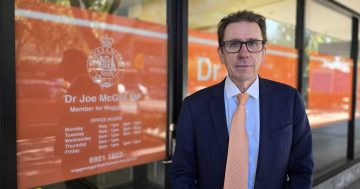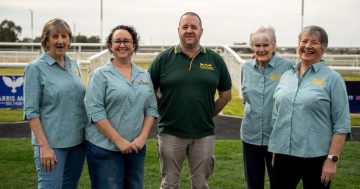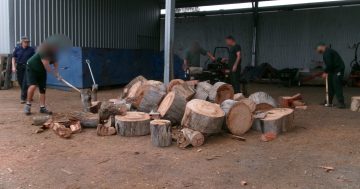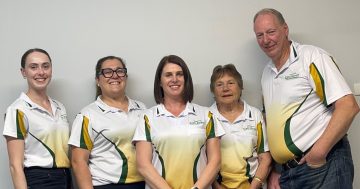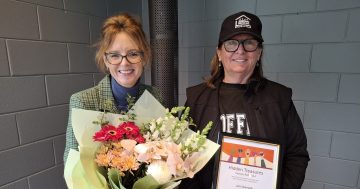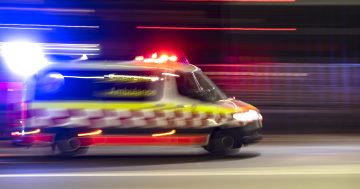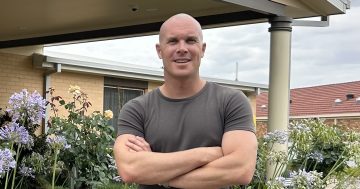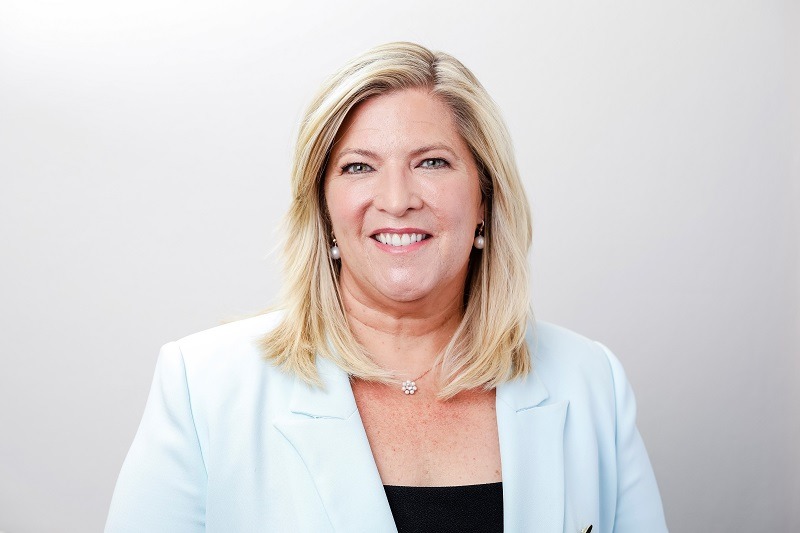
Can Assist has praised NSW Regional Health Minister Bronnie Taylor and state government for delivering sweeping changes to the Isolated Patients Travel Accommodation Scheme that mean equitable access for rural and regional residents to specialist health treatments. Photo: Supplied.
The NSW Government has announced an overhaul of the Isolated Patients Travel and Accommodation scheme (IPTAAS) signalling a massive win for cancer patients seeking specialist treatment across rural and regional NSW.
Key changes include increasing rebates to travel and accommodation, removing friction from the application process, launching a targeted IPTAAS awareness campaign and making adjustments to eligibility.
NSW will now have the most generous travel rebates scheme for patients who must travel long distances for specialist treatment.
The Government has addressed the unfair treatment of single patients/travellers by allocating rebates on a per room (rather than per person) basis.
The rebate for a one-week stay has been increased by 75 per cent, from $43 to $75 a night and the eight-plus night rate has risen as much as 85 per cent.
The inequitable distinction in rebates for guests of commercial versus not-for-profit accommodation facilities has also been abolished.
The targeted IPTAAS awareness campaign is designed to help reach more people who need the support.
Rebate eligibility will be widened across the treatment spectrum, correcting longstanding inequities for rural cancer patients.
Can Assist executive director Emma Phillips welcomed the changes for cancer patients.
“We applaud Minister Bronnie Taylor and the Government for these changes,” she said.
“The improvements will ease the financial burden placed on people affected by cancer living in country NSW, ensuring they can access the care and treatment they need.”
Can Assist is the largest cancer support network for country patients across the state.
The organisation helps families needing to travel up to 50,000 km a year throughout a treatment cycle.
Can Assist deliver more than $2 million annually across around 10,000 separate instances of assistance, of which almost half is for travel and accommodation costs.
Ms Phillips said the new IPTAAS rebates would change the reality of middle-class Australians who have considered selling their homes or skipping their treatment altogether because they could not afford to get to treatment.
Organisations such as Can Assist, Regional Accommodation Providers Group (RAPG – a community network of volunteers and health professionals) and other key stakeholders across the state shine a spotlight on the issues.
Can Assist and the RAPG called on the NSW Government to increase the accommodation and travel rebates, cease single guest ‘discrimination’ by providing per room rebates and simplify the IPTAAS application process.
Ms Phillips said the organisation had canvassed insights and feedback from its network of volunteers, not-for-profit accommodation facilities, healthcare professionals and patients about the challenges and provided this feedback with recommendations to the government.
“We are thrilled that Minister Taylor has recognised the problems and is doing something about it,” she said.
“There’s a collective sigh of relief she has listened to all the stakeholders that have been collaborating to effect change.”
Can Assist president and chair Vicki Meyer said the organisation would continue to advocate for its communities by participating in a working group to deliver on these proposed changes.
“We represent the views and experiences of our network stakeholders – our community of volunteers, our recipients and the primary and secondary healthcare network,” she said.
“We will collaborate to ensure grassroots communities are engaged and that changes made are effective and helpful.”







